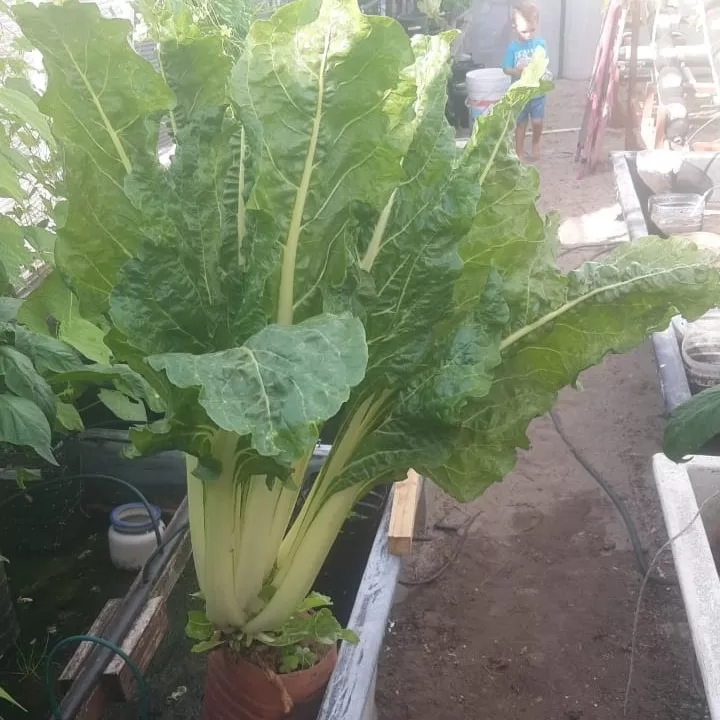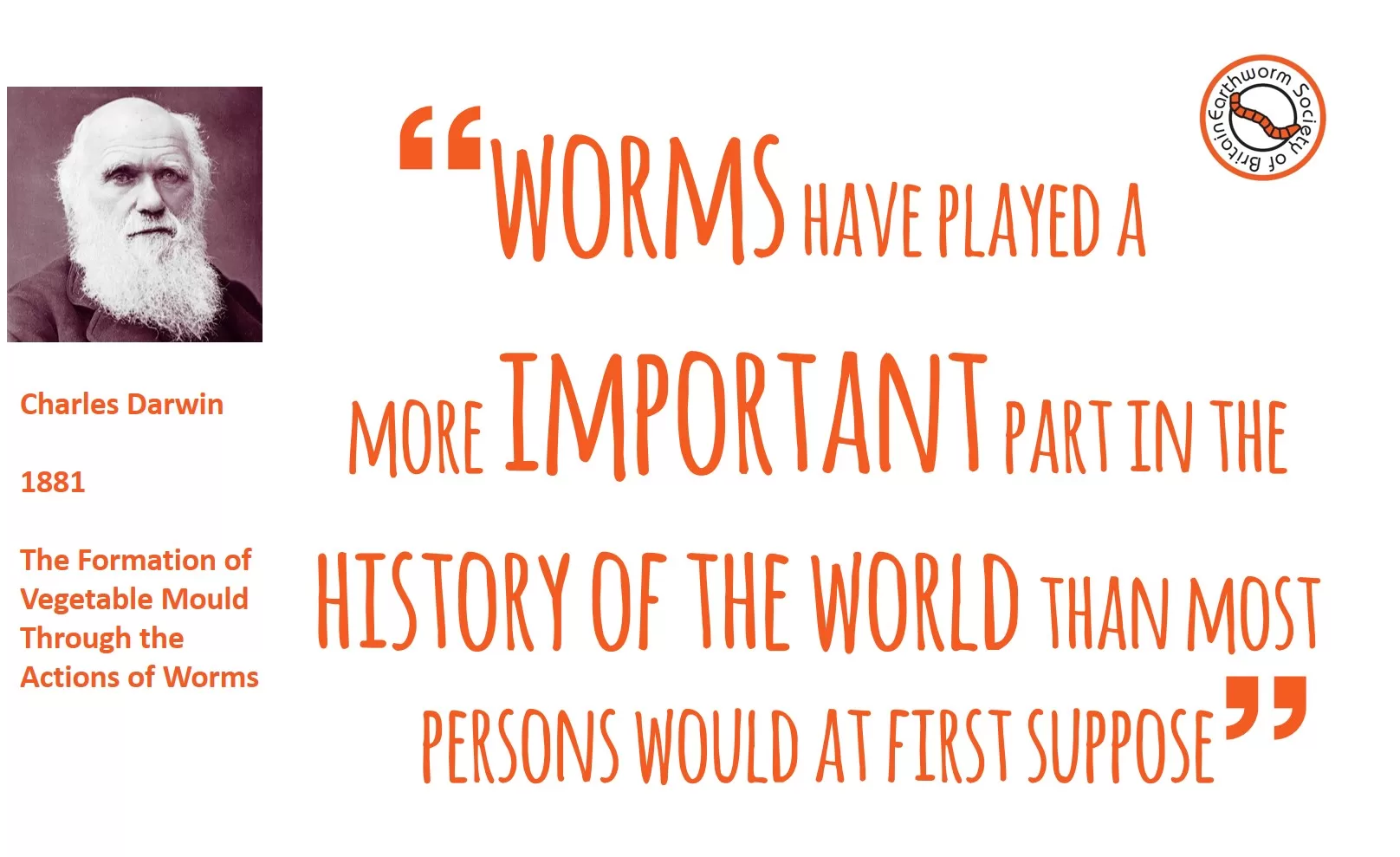My passion for sustainability stems from a deep appreciation for nature and the desire to create positive change. “Bini” means “building” in Maltese, but at Eco-Bini, we believe in building on a healthy foundation – the soil beneath our homes.
With a nomadic upbringing across Southern Africa and a background in mechanical engineering, I’ve spent decades immersed in the energy sector. My career traversed power stations from South Africa to global projects, providing invaluable insights into energy systems and infrastructure.
A turning point came with the Global Crunch in 2008, prompting a shift in focus towards sustainable solutions. A postgraduate degree in Renewable Energy Systems and hands-on experience in urban farming solidified my commitment to a greener future.
Eco Bini (Pty) Ltd [CK2017/348413/07] is a culmination of these experiences, offering practical solutions for sustainable living.

Eco-Bini has developed a specialized hydroponic nutrient solution tailored for optimal plant growth calling them Alpha and Omega. Unlike traditional fertigation fertilizers, our formula addresses the unique nutritional needs of soilless cultivation, incorporating essential elements often overlooked in standard fertigation mixes. This breakthrough ensures thriving plants and bountiful harvests.
My story and own transformation of Eco Bini
With a career spanning decades in the energy sector, including roles in power station construction and project management across multiple continents, I gained a deep understanding of traditional energy systems. A pivotal moment came with the cancellation of the Koeberg II nuclear plant in 2008, prompting a shift towards renewable energy. However, the challenges faced in South Africa’s energy landscape pushed me to focus on accessible, individual solutions. This experience, coupled with a passion for sustainability, led to the founding of Eco-Bini in 2017.
Nonetheless, I had the opportunity to work on and contribute to the construction, design, and operation of various power stations during my travels, gaining valuable experience in the field.
- Tutuka Power Station in Standerton, South Africs – Ash Disposal Engineer
- Poihipi Geothermal Power Station Project in Taupo, New Zealand – Commissioning Engineer
- BHP Co-generation project in Auckland, New Zealand – Service Piping Engineer
- Majuba Power Station in Volksrust, South Africa – Pressure Parts Engineer
- Well- and Intelligent Completions in Port Harcourt, Nigeria – Senior Field Engineer
- Well Control in Malabo, Equitorial Guinea – Senior Field Engineer
- Intelligent Completions in London for Angola offshore project – Senior Field Engineer
- Camden RTS (Return-to-Service) Project in Ermelo, South Africa – Integral Piping Engineer
- Konkola Copper Mine Waste Heat Recovery Boiler Project, based in Cape Town – Design Focal Point
- Medupi Power Station in Lephalale, South Africa – Low Pressure Services Project Manager
- Al-Muajjiz Crude Oil Terminal Rehabilitation Project in Yanbu, Saudi Arabia – Construction Engineer II
Eco Bini motto: Build it – and they will come…
A lifetime dedicated to engineering and problem-solving has equipped me with a unique skill set.
From the vast power stations of South Africa and the Middle East to the innovative projects of New Zealand and Europe, my career has been a journey of exploration and adaptation.

This diverse experience, coupled with a growing passion for sustainability, led to the creation of Eco-Bini. By combining technical expertise with a deep-rooted connection to nature, we’ve developed innovative solutions for home-based sustainable living.
Our focus on optimizing resource utilization, as exemplified by our Waste-recycling hydroponic system, is a testament to our commitment to creating a greener future.
A primary motto of Eco Bini is to practically implement systems and to eclectically collate different principles. Eco-Bini’s journey began with repurposing waste bottles for hydroponics. Our engineering background led to the development of an innovative, low-energy system combining Dutch bucket techniques with Arduino technology. This system drastically reduced water and power consumption, proving the viability of sustainable urban farming. A fascination with fungi and their role in plant nutrition further deepened our commitment to holistic, eco-friendly solutions.
Spawn, the beginning – or the end?
A fascination with the circular nature of ecosystems led me to explore mushroom cultivation. Coincidentally, the onset of the Covid-19 pandemic transformed this interest into a full-time pursuit. Establishing my first cultivation site, SPeS – which will now become the eCommerce shop, during lockdown provided the ideal environment to master the art of spawn production
The journey to mastering spawn production was fraught with challenges. Countless failed attempts and setbacks only fueled my determination. The closed nature of the mushroom cultivation community presented additional hurdles, necessitating a self-reliant approach. Through perseverance and experimentation, Eco-Bini developed a consistent method for producing high-quality spawn. This achievement, coupled with our expertise in hydroponics, positions us as a leading authority in sustainable, home-based cultivation.
From Spawn to Shroom…
Building on our spawn production success, we constructed a dedicated grow room for optimal mushroom cultivation. Mastering humidity control was essential, but once optimized we had wheelbarrows of Mushrooms. Our next approach combined hydroponic principles with spent mushroom substrate (SMS) to create a unique, organic growing medium. This closed-loop system maximizes resource efficiency and minimizes waste, aligning with our commitment to sustainable practices. Unfortunately, not all went to plan, there was something missing?
Controlled Environment Agriculture
Eco Bini has now been doing this for over 5 years and CEA can basically be defined as:
- Hydroponic CEA is done by control of nutrients in the water
- Mushroom CEA is done by control of humidity of air in the water

Vermicast (also called worm castings, worm humus, worm poop, worm manure, or worm faeces) is the end-product of the breakdown of organic matter by bacteria, then pasteurized by the earthworms. Vermicompost have been shown to contain reduced levels of contaminants and a higher saturation of plant-available nutrients than the organic materials before vermicomposting. Basically what’s happening is that when you throw waste into the worm bin, good and bad bacteria proliferate to consume the nitrogen rich waste. This smorgasbord of bacterial life [aka microbial life] is then consumed by the worms and good bacteria is excreted.
Vermicomposting harnesses the power of nature to transform organic waste into a nutrient-rich soil amendment. And this was the missing link in our search for Organic Hydroponics…
The intricate balance between plants, fungi, and bacteria is fundamental to sustainable cultivation. Our journey began by recognizing the often-overlooked role of microorganisms in hydroponics. By harnessing the power of beneficial microbes and understanding the symbiotic relationship between fungi and plants, we’ve developed a unique approach to organic hydroponics, which we call Vermiponics.
A little road trip, and the future of Eco Bini
A transformative road trip, in 2023, across South Africa ignited a renewed vision for Eco-Bini. Inspired by the country’s natural wonders, I faced a critical challenge: securing essential nutrients for our hydroponic system. Undeterred, I developed a ground-breaking solution by harnessing the power of nature. Through meticulous experimentation, we’ve perfected a closed-loop system that transforms organic waste into nutrient-rich compost, feeding our hydroponic plants from mushroom cultivation and household food waste. This innovative approach, dubbed Vermiponics, positions Eco-Bini at the forefront of sustainable agriculture. I believe it a world first for Organic Hydroponics?
Eco-Bini has expanded its offerings to include a free, comprehensive 10-part online course on renewable energy implementation. Additionally, our innovative Oyster Mushroom Course, featuring the pressure-cooker-free Bundu Tek method, empowers individuals to embark on their own mushroom cultivation journey. These resources underscore our dedication to sharing knowledge and fostering a sustainable future.
Want to talk to us?
Follow the link below to send us a message or quickly get in touch over phone with WhatsApp.
PS… In conclusion = A Life Dedicated to Sustainable Solutions
My journey with Eco-Bini has been a colorful exploration of possibilities, driven by a deep passion for sustainability. From repurposing waste bottles for hydroponics to harnessing the power of beneficial bacteria in Vermiponics, Eco-Bini has consistently pushed the boundaries of what’s achievable, with minimal resources.
However, the world of e-commerce has shifted our focus. To better serve the growing need for accessible and practical sustainability information, Eco-Bini is evolving into a comprehensive Sustainability Information Portal.
Here’s what this means for you:
- In-depth sustainability resources: We’ll be continuously adding valuable content on a wide range of sustainability topics, empowering individuals to make informed choices for a greener future.
- Free technology transfers: Building on the success of our free hydroponics with coke bottles guide, we’ll be sharing innovative, cost-effective solutions that challenge the status quo.
The Future of Eco-Bini:
Eco-Bini remains committed to providing practical solutions. Our sister company, SPES (spes.co.za), will cater to the South African market for all e-commerce needs, with international dropship capabilities.
Join us on this exciting journey as we work together to build a more sustainable tomorrow. Remember, the valuable information you’ll find here is a testament to our unwavering commitment to empowering individuals and creating positive change.

